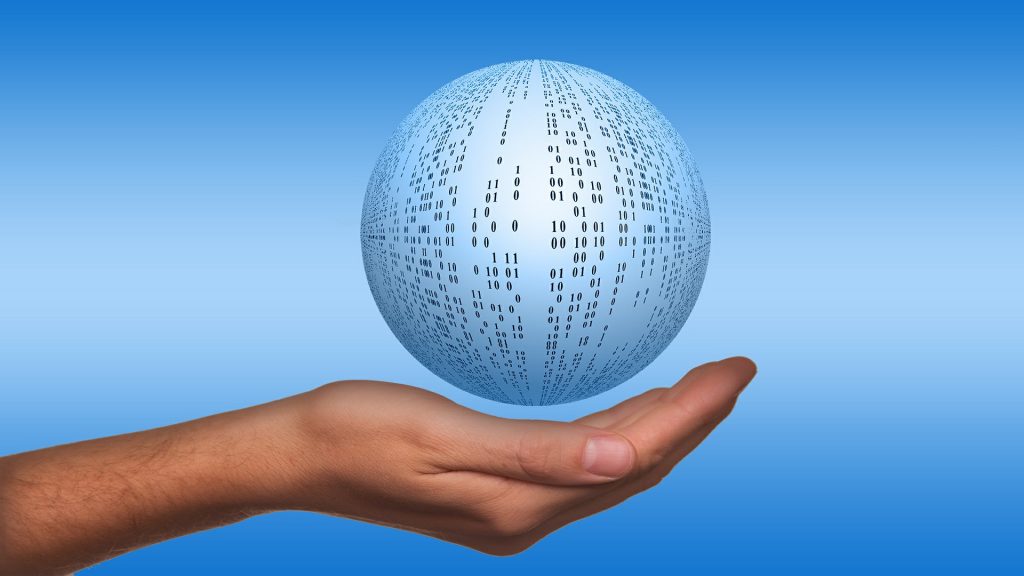非営利団体が恩恵を受けられるのは データサイエンス?が行った調査では すべてのアクション finds that 90% of nonprofits indicate that they’re collecting data, but “almost half say they aren’t fully aware of the ways data can (and does) impact their work”. This is not surprising, given the fact that most nonprofit bodies do not have a dedicated data analytics team. However, the wave of big data is now reaching NGOs and government bodies as well, who can use データサイエンス to make a bigger impact. Data analytics can help these organizations make sure that they’re putting their time, effort, money and energy into the right channels. Nonprofit organizations need funds to fulfill their missions but also need to prove the results of their work in order to attract donors. Data science has immense potential in optimizing this cycle, and also helps organizations make well-informed, sound decisions. While not every organization can afford to hire full-time data analysts, some fill the resource gap by フリーランスの専門家を雇う.ここでは、非営利団体や慈善団体がデータサイエンスを活用する例をご紹介します。
1.マーケティングと資金調達
非営利団体は、資金調達を最適化するための統計モデルを開発するために利用できる膨大なデータセットを持っています。 アムネスティ・インターナショナル is using segmentation and predictive modelling to help them identify and target the right groups, so that they can develop a more refined marketing strategy. Data insights help NGOs identify and segregate donors based on various factors, using which they can drive their marketing and fundraising efforts more effectively. Data analytics also helps charity organizations discover relationships, that can help them develop specific incentives. After studying their data and finding that they could provide something for their donors, rather than the other way around, Macmillan’s Cancer Support introduced the “World’s Biggest Coffee” initiative, which saw a leap in the income generated from 15百万ポンドから20百万ポンド.
2.具体的な活動のモニタリングと実施
Data science can help nonprofits accurately measure of the performance of their activities, and help them tailor their processes towards better results. Data analytics and visualization can also play a huge role in real-time tracking during crises and optimizing relief efforts. Qlik, a software company based in the USA, provides data science tools that organizations can use to discover insights, patterns and power crucial decision-making processes. In the past, they’ve tied up with nonprofits to help leverage the power of data for social causes: facilitating 救援活動 ネパールの地震の際には エボラ出血熱の拡大防止 西アフリカの
シカゴ大学ではプログラムを実施しています。 社会貢献のためのデータサイエンス, in which they train Fellows to work on data science projects that specifically focus on social impact. The Fellows work with government bodies and nonprofits to tackle issues related to education, ヘルスケア, public safety and the environment. One of their projects, in partnership with the Chicago Department of 公衆衛生, uses プレディクティブ・アナリティクス to help 鉛中毒を防ぐ 子どもたちの鉛系塗料は、1978年に禁止される前から使用されており、古い住宅に住む子どもたちは、依然として鉛にさらされる可能性があります。このモデルでは、さまざまな要因を考慮して、鉛系塗料が使われている可能性の高い住宅を特定し、暴露の危険性を軽減することができます。
3.資金の効率化
インドのアクシャヤ・パトラ財団が ビッグデータへの転換 は、全国の公立学校に中食制度を提供するための費用対効果の高い方法を模索していました。このスキームを提供するルートを最適化することで、金銭的リソースを効果的に使用することができました。データ分析による洞察に基づいて資金を配分することは、NGOが円滑に機能するために不可欠なリソースの最適な利用につながります。
That data science bears enormous potential for government organizations and nonprofits, big and small, is quite clear. But accessing experts is a common problem that these organizations face. Processes are often bureaucratic and funds may be inadequate to employ a full-fledged team. And so many organizations don’t see the power of data science manifest. Organizations like Datakind help connect data scientists to social organizations, however, scientists offer their services on a voluntary basis. One solution is for organizations is to オンデマンドでスペシャリストを確保 短期プロジェクトのためにこれにより、データアナリストの専門知識を利用しつつ、プロセスのコストを抑えることができます。このように、第三セクターがデータサイエンスの恩恵を受け、力をつけ、他の人に力を与えることができるようになるのです。
